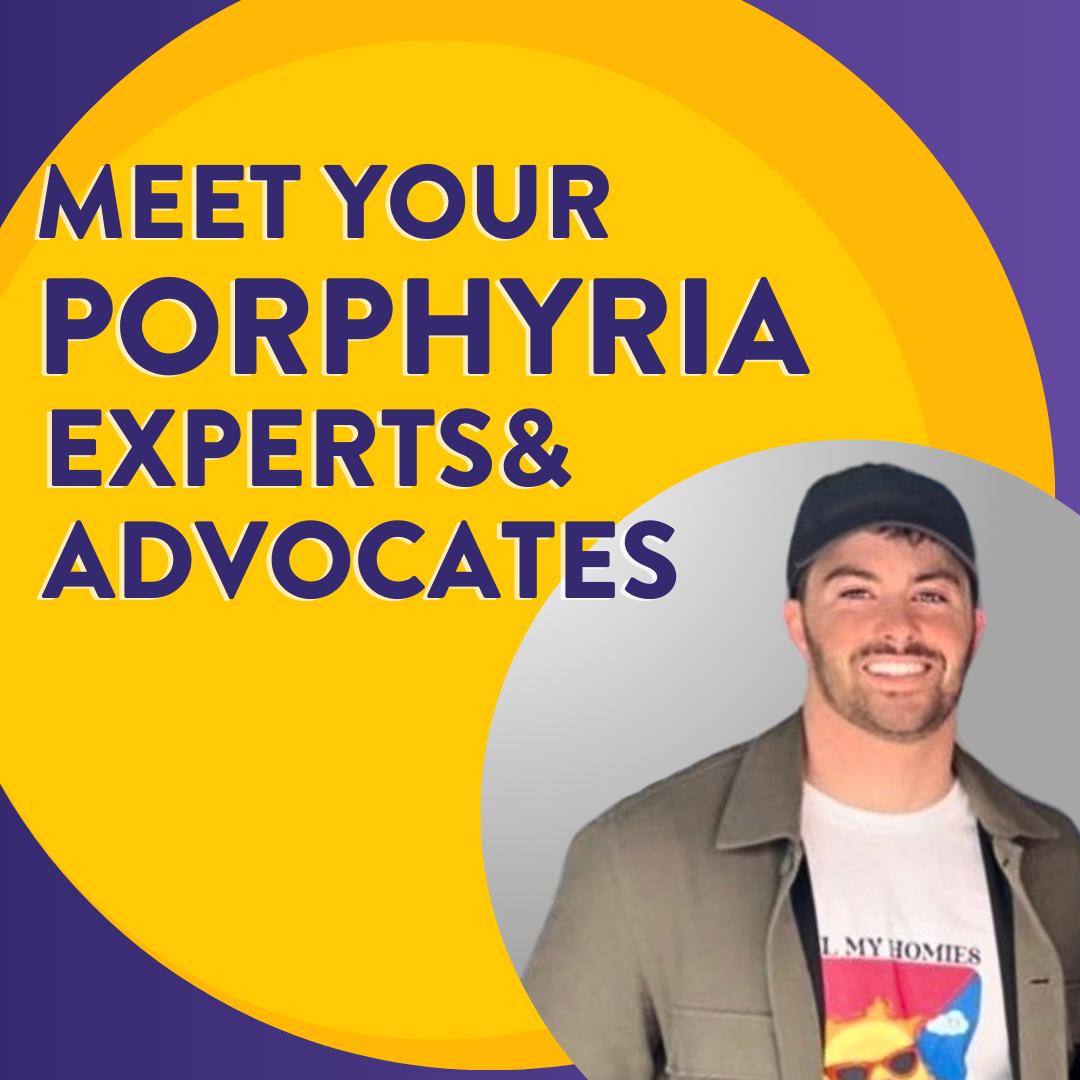Meet Dr. Manisha Balwani
The porphyria community is lucky to be supported by dedicated physicians, researchers and advocates who work tirelessly to improve care and development new treatments for porphyria. The United Porphyrias Association is pleased to introduce you to some of them!
I'm a firm believer that patients should have options for treatment because one size does not fit all.
-Dr. Manisha Balwani
Can you tell me a bit about yourself and your connection with porphyria?
My name is Manisha Balwani and I'm a Medical Geneticist at the Icahn School of Medicine at Mount Sinai in New York.
My connection to porphyria started right after I finished my fellowship training. My mentor, Dr. Desnick, was a porphyria expert who primarily focused on research, and he had the idea to start a porphyria clinic. He wanted one of the faculty members to lead the clinic and asked me. I had never seen a porphyria patient, but I said I would think about it. The next thing I knew I was being shipped with another colleague, a hepatologist, Dr. Lawrence Liu, to Galveston, TX to train with Dr. Anderson.
We spent four days with Dr. Anderson in Texas. We saw patients with him, and he showed us how to interpret lab results. A few weeks later our clinic was inaugurated. Dr. Liu and I saw patients together for 10 years and there was a lot of learning on the job- we learned a lot from each other and from our patients.
Since then, I've been seeing patients with a multidisciplinary team, which primarily includes our nurse practitioner and a genetic counselor. I have the best team- our nurse practitioner is a true expert on porphyrias and an excellent clinician. I also get to work with and learn from my colleagues in the Porphyrias Consortium. It's been an incredible experience.
Has treating porphyria changed since you started seeing porphyria patients in 2007?
I started my career at a time when clinical trials for porphyria were becoming available and I think I’ve participated in every single clinical trial for any of the industry-sponsored drugs, and I’ve also been an investigator in investigator-initiated studies.
I think what's most exciting are the disease modifying therapies. I had been treating patients with acute hepatic porphyria for years and for a long time I didn’t have much to offer besides giving them the standard of care treatment. We had therapies which would manage the symptoms, but with the approval of Givlaari, I was seeing a dramatic change in my own patients. It was incredible.
I’m also excited about some of the new disease modifying therapies for EPP which are being studied. I'm a firm believer that patients should have options for treatment because one size does not fit all, and clinical trials and real-world data may not exactly align.
I hope that eventually there's an expansion of these studies to pediatric patients will be because I feel that's where the big gap is. I see both pediatric patients and adults, and just hearing their stories over the years, I hope there’s a treatment that could help them navigate their childhood better.
You mentioned that you learned a lot from patients. Can you share something that your patients taught you?
They gave me an understanding of the severity of the disease and the impact it can have. You can read all of the medical literature, but it gives you more of the theoretical aspects. Seeing patients and how it impacts them day-to-day, and how their families' lives are impacted, it’s a different level of understanding. I also learned that every patient is different- you can have the same disorder and a very different manifestation.
I have worked with patients who have had incredible pain over a tremendous amount of time. It motivated me to see how I could be helpful to them because for a very long time, we didn't have much to offer them. Asking “what can I do to help?” is what led me to participate in clinical trials.
Do you have any advice that you would give individuals with porphyria or their families who want to stay informed about the latest research and developments?
First, I’d say check out the UPA website which has some very quality content which is vetted by experts and is designed to be helpful to patients.
The other advice I would give them is to participate in research studies because that is the only way to improve understanding of these disorders and develop treatments. Research gives us better knowledge to be able to take care of patients. You can think of participating as an investment in your own health and the health of future generations of patients. There are different types of research- clinical trials to test new treatments or natural history studies where you are tracked over time.
Thanks for talking with us, is there anything you wanted to add?
I feel really lucky to have been part of this journey. Medical care and research is a partnership and I’m so grateful to all the patients who contribute to clinical research. It's a privilege to be able to participate in the care of porphyria patients and I hope to continue to do so.
Dr. Balwani is a member of UPA’s Scientific Advisory Board and an investigator for the NIH supported Rare Diseases Clinical Research Network’s Porphyrias Consortium.









